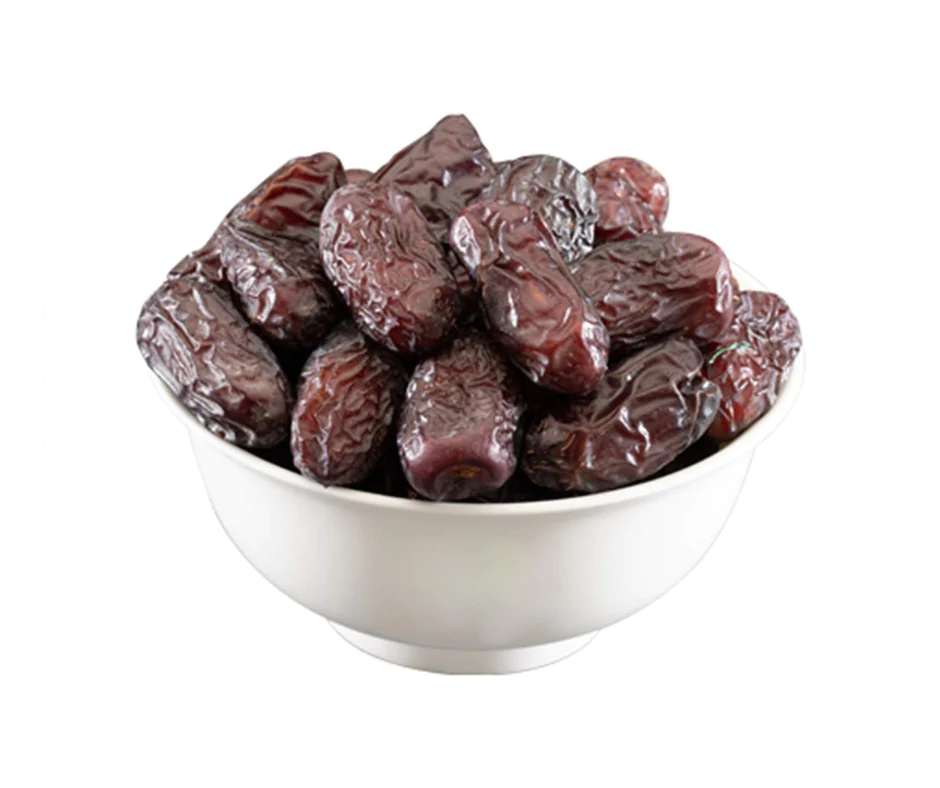Decoding Harga Kurma and Malaysia’s Economic Sweet Spot

For Malaysians, kurma, the delectable fruit synonymous with dates, is a cherished part of the culinary scene. But have you ever stopped to consider the price of these sweet treats (harga kurma) and how Malaysia’s date industry contributes to the country’s economic landscape? This blog post unveils the fascinating story behind date prices in Malaysia and explores the surprising economic impact of dates on the nation.
Beyond the Price Tag: Unveiling the Economic Impact of Dates in Malaysia
While Malaysia isn’t a major force in global date production, its love affair with dates translates into a hidden economic gem. Let’s delve into the ways date prices and Malaysia’s date scene influence the economy:
-
Import Substitution and Date Prices: Traditionally, Malaysia relied heavily on imports to meet its dates demands. This meant fluctuating prices (harga kurma) based on global markets. However, a growing interest in cultivating local date palm varieties has emerged. This, in turn, can reduce dependence on imports, potentially stabilizing date prices and saving foreign currency.
-
Job Creation and the Date Prices Effect: The rise of local date production, even on a small scale, has the potential to create jobs. Cultivation, harvesting, processing, and packaging of dates can provide employment opportunities, impacting date prices in the long run by potentially increasing the availability of locally produced dates, which may influence pricing.
-
Entrepreneurial Spirit and the Allure of Dates: The popularity of dates has spurred innovation in the food and beverage industry. Entrepreneurs are creating exciting new date-based products like spreads, energy bars, and date-infused beverages. This entrepreneurial spirit not only leads to job creation but also contributes to economic growth, potentially influencing date prices by creating a wider market for date products.
-
Agrotourism and the Sweet Allure of Dates: Certain regions in Malaysia are actively promoting themselves as date palm growing destinations. This agrotourism approach can attract visitors interested in learning about date cultivation, potentially boosting the local economy and impacting date prices indirectly by raising awareness and potentially increasing demand for locally produced dates.
While the economic impact of dates production in Malaysia may not rival major date-producing countries, its contribution is undeniable. It fosters import substitution, creates job opportunities, and stimulates entrepreneurial ventures, all while influencing date prices in the long run.
Beyond Economics: The Social and Cultural Significance of Dates
The economic impact of dates in Malaysia goes beyond just date prices. Dates hold a special place in Malay culture, particularly during religious festivals like Ramadan. Their presence on festive tables strengthens cultural traditions and fosters a sense of community. Additionally, the growing interest in local date production can potentially contribute to the preservation of traditional agricultural practices and knowledge.
Conclusion: A Sweet Spot for the Malaysian Economy
Kurma, the seemingly simple date, offers a fascinating example of how consumer preferences can have a positive economic impact. From import substitution to job creation and cultural preservation, Malaysia’s embrace of dates is a story worth savoring. So, the next time you consider the date prices, remember the ripple effect it may have on the Malaysian economy and cultural landscape.
Key Highlights:
- Harga kurma (date prices) in Malaysia are influenced by factors like import reliance.
- Local date production can reduce import dependence and potentially stabilize date prices.
- The rise of date-based products creates jobs and stimulates the economy.
- Agrotourism linked to date palms can boost the tourism sector and indirectly impact date prices.
- Dates hold cultural significance in Malaysia, strengthening traditions and community.